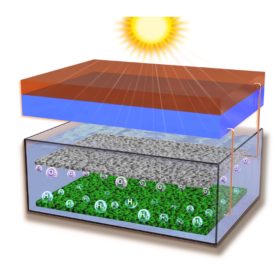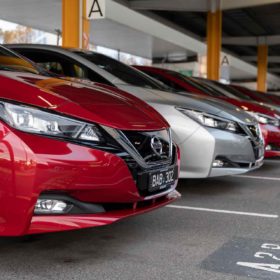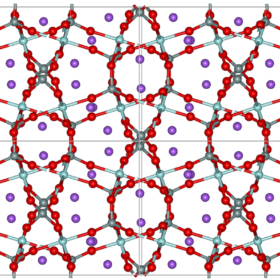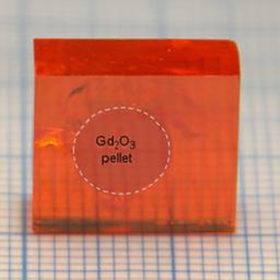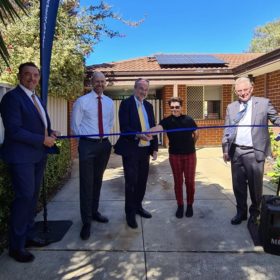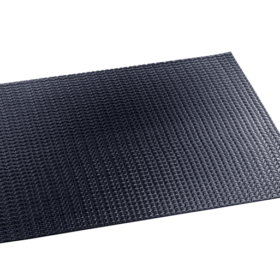WA firms as green hydrogen frontier: McGowan’s new $50 million fund and bp’s plans to repurpose oil refinery
As part of the Western Australian government’s 2021-22 Budget, Premier Mark McGowan announced a new $50 million fund to stimulate the growth of the state’s green hydrogen industry for domestic use and exports. The fund comes on top of several ongoing initiatives and includes funding for private industry feasibility studies, including one which will see bp repurpose its Kwinana Oil Refinery into a green fuels hub.
Designer bacteria for energy storage
A group of biologists in the United States working with a bacteria discovered a mechanism that could be used to convert electricity into biofuels or other useful substances. With better understanding of the genetics, the group says the mechanism could rival hydrogen for the storage of renewable energy.
Australian researchers develop direct solar-to-hydrogen generation tech
Developed by Australian scientists, the demonstrated system is claimed to achieve a solar-to-hydrogen efficiency of 20% at a levelised cost of hydrogen (LCOH) of $4.10/kg. The direct solar hydrogen generation technology is powered by a tandem perovskite-silicon solar cell with an unprecedented high open-circuit voltage of 1.271 V, and a power conversion efficiency of 24.3%.
The sci-fi future of EVs: vehicles could become the grid
Electric vehicles could autonomously transport electrons between where they’re generated and where they’re needed based on algorithms and smart software, predicts JET Charge CEO Tim Washington. Such a future, he admits, is “pretty sci-fi” and still a while off.
Novel chemistry hybrid flow battery: non-aqueous, high-voltage, and crossover-free
Scientists in the United States claim to have created a crossover-free, high-voltage, non-aqueous hybrid flow battery with a novel chemistry for the solid sodium anode. The device has shown a high working voltage of around 2.6 V and a coulombic efficiency of 95.0%.
Perovskites can also detect nuclear radiation
Scientists in Switzerland found that perovskites can be used to detect thermal neutrons emitted by radioactive devices. Taking advantage of several properties that also make the materials attractive for solar cell applications, the group was able to fabricate a novel device that could have various practical applications, including in energy generation.
Low-income tenants get relief in Australia’s big public-housing solar retrofit — latest evidence from WA
For a small infrastructure investment in rooftop solar systems, state governments can make a material difference to the lives of social housing tenants, and further their net-zero ambitions. Western Australia reports another win-win.
Flexible solar panel for vehicle-integrated applications
Called SolFlex, the frameless panel is based on 22%-efficient solar cells and is designed for high, one-sided heat load. The standard product measures 100x100x2.9cm, weighs in at 3.4kg, and has a power output of 170 W.
AEMO on target to trial DER marketplace platform
The development of a “world-first” marketplace designed to maximise the value of distributed energy resources, including rooftop solar PV, batteries and electric vehicles is on track with the Australian Energy Market Operator confirming it expects to start trialling the platform in early 2022.
Measuring impacts on solar performance, whatever the weather
Scientists in the United States used machine learning to analyse maintenance reports, performance data and weather records from more than 800 solar farms located across the country. The analysis allowed them to determine which weather conditions have the biggest impact on PV generation, and to suggest the most effective ways to boost the resilience of PV installations to extreme weather events.


